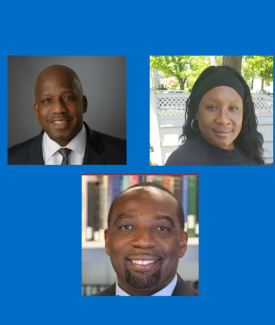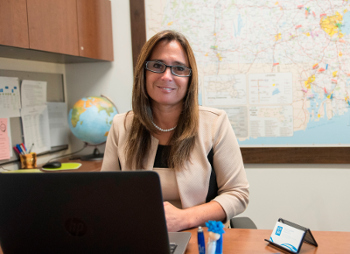Do you have a question about JRI services?
Justice Resource Institute (JRI) has teamed up with William James College, New England’s largest school of psychology, to create an innovative degree completion program for JRI staff.
Marc Abelard, director of the Behavioral Health Service Corps, director of the Bachelor in Psychology & Human Services Completion Program and co-director of the Child & Adolescent Mental Health Initiative at William James; Ed Powell, JRI vice president of community engagement and executive director at STRIVE Boston, and Tonya Morris, a survivor mentor and training specialist with JRI’s My Life My Choice and a recent graduate of William James College, talk about the program and the unusual level of support it provides for students.
Morris, who works with young victims of abuse, sex trafficking and other traumas, was one of four JRI employees to earn a bachelor’s degree in May as part of the program’s first graduating class. A single mother who works full time, Morris said she was thrilled at the opportunity to complete her education, but uneasy about entering the classroom again after decades away. Support from JRI and William James College was key to achieving her goal and becoming effective in working with her clients.
“If I didn’t get what I got from William James College I would have not been able to handle the cases I’m handling now,” she said. She plans to tackle her master’s degree next.
Money and time are the main barriers for many when returning to school. Abelard says the program addresses both. Generous reimbursements from JRI and William James scholarships mean JRI employees can earn a degree at no cost to them. In addition, JRI provides employees the flexibility they need to fit classes and studying into lives filled with work and family obligations, while William James College offers the hands-on academic support to ensure they succeed.
Powell said the program encourages entry level staff members to see their work at JRI as a career, not just a job. Because entry level workers are often people of color, the program also helps address issues of racial equity and structural racism, while ensuring that the JRI staff reflect the diversity of the clients they serve.
Training this workforce has become more critical as baby boomers retire and leave Massachusetts with a severe shortage of social service professionals. The William James College program enables JRI to train and retain employees of the future. In fact, through the Boston STRIVE program that Powell directs, someone without a high school degree could earn a GED, get hired by JRI, use a tuition reimbursement program to earn an associate’s degree at a community college and then go onto William James for a bachelor’s and master’s.
“By giving folks the education they need, it gives us a chance to elevate people who otherwise might not have had this opportunity,” he said.




